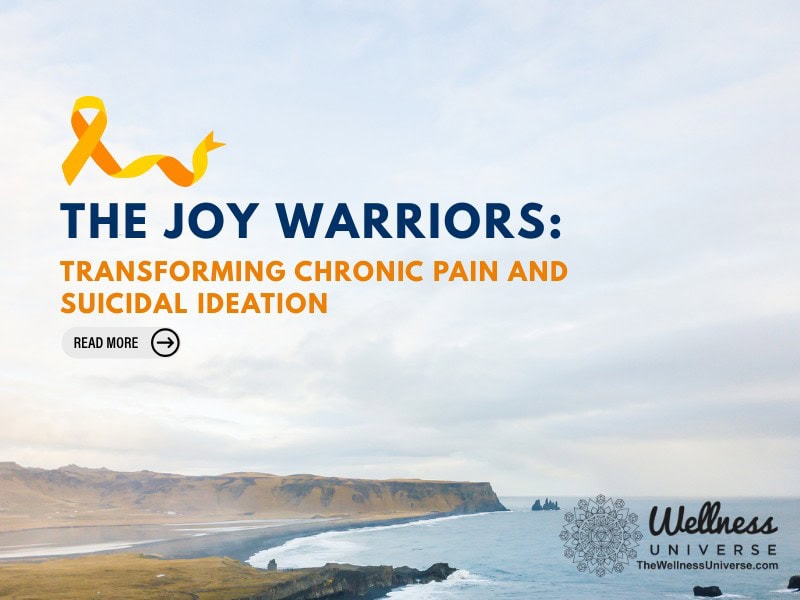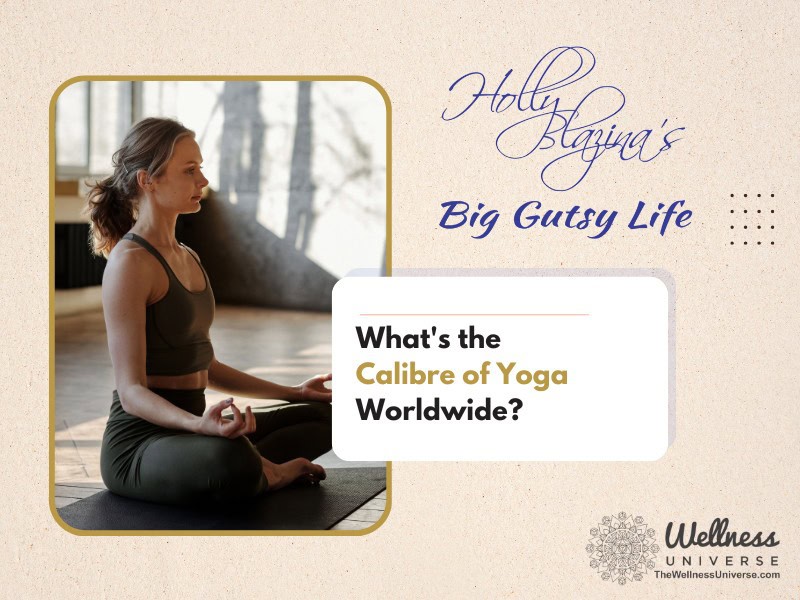Stress is what happens to our bodies when our environment puts it to the test. This implies that our body must mobilise resources to respond to the threatening condition (or stimuli) while continuing to operate at full capacity.
The central nervous system, the brain, and our body are able to withstand regular insults, including acute stress, which can increase our resilience (makes us stronger). In other terms, we feel we are in control. We can cope.
Indeed, stress is essential to prepare us for danger and be more focused. It has been a protective mechanism that has ensured our survival as a species.
Nowadays, we’re no longer exposed to the same level of stress.
Our ancestors lived pretty much in the same way animals do and observed a universal rule: “eat-or-be-eaten.”Because human beings have a more developed consciousness, the body has provided us with a greater answer: the “fight-or-flight”response, so we can defend ourselves if it’s impossible to outrun a beast. When our ancestors were hunting, stress made them more acutely aware of their surroundings and able to use it to their advantage. They were more focused while the body went through some physiological changes.
For example, the release of adrenaline and cortisol helps to flood the blood with glucose while at the same time increasing blood pressure to provide immediate sources of energy, nutrients, and oxygen to muscle tissue. Pupils dilate and our body temperature lowers, so we can run for longer and see where we’re going, let it be finding the best escape route or ambush our next meal.
Cortisol is also anti-inflammatory. If we were to be injured, we would still be able to run away from danger and rest when it would be safer.
Once out of danger, the body would resume its normal function and rest. During this time, the body would be able to heal and repair and activating the “rest-and-digest” mode. The brain uses the information and stores it in our subconscious, to prepare us for the next time we would be in a similar situation. (1)
Today, we may experience “life-or-death” situations, but this is only our reaction to certain events. The way we react can become disproportionate and our stress response can become chronic. Anxiety (and depression) is a set of feelings and thoughts; therefore, it’s an automated and anticipatory reaction to a potentially threatening situation: a danger is imminent.
It doesn’t matter if we’re chased by a beast, if our boss is asking too much of us, if we often miss out on sleep, or if we’re scared to speak in public before a presentation, the brain registers all of these events as stressors and the response is the same.
We might have landed at the top of the food chain, but our bodies haven’t quite changed, and this is where the problem lies. Over a longer period of time, the body is exhausting resources. You may feel like snacking on highly caloric foods and drinking more caffeine while feeling tired all the time. The reason is simple. The body must mobilise more and more resources and this requires a huge amount of energy that is diverted from all secondary systems, like digestion and the immune system.
This is why highly anxious and stressed people come down with colds and flu more often and may take longer to recuperate.
Chronic stress can also bring long-lasting physiological changes in the brain and impair cognitive function which leads to brain remodeling. (2) The hippocampus (the CEO in our brain), which is implicated in learning and memory, also has an important role in the regulation of mood. Chronic stress is shown to shorten the dendrites (‘arms’) of neurons in the hippocampus, while in the medulla (the part of the brain where fear is stored) dendrites grows bigger to fill the space. (5) The prefrontal cortex, which is important for working memory, executive function, and self-regulatory behaviours loses its control over the medulla. (3)(4) This is the most important factor which explains why highly anxious people prefer to retire, isolate themselves, and hide from the world. Socialising is not on their to-do-list because they hold on to an inaccurate interpretation of their environment.
It’s no wonder that social isolation has been labeled the greatest ‘killer’ in our modern world because we no longer feel connected. We don’t feel we belong. Our lives are more and more demanding, fast-paced, our brain constantly stimulated, and stress levels have never been so high. And this year more than ever in the entire history of mankind.
By acknowledging and understanding our response patterns to stressors no matter what they are, listening to our thoughts as they emerge, and being kind to ourselves, we can stay in control and dramatically reduce the impact on our body and our health for the long-term.
The good news, physiological changes occurring in the brain are for the most reversible but to do so, we must respond to stress in a more accurate fashion.
Working for a demanding boss can bring the best in yourself and increase your focus, but if the demand is inappropriate and it’s affecting your life and your health, then the stressor must be removed. Changing jobs (or departments) could be the perfect solution. If you work long hours and get little sleep, and feel fatigued all the time and irritable, then sleep must be your priority. Sleep is essential for healing and repair. If you don’t get enough sleep, stress hormone levels, like cortisol, remain constantly high and in the long-term increases your risk of cardiovascular disease.
If you are scared to speak in public, rehearse your speech over and over again until you feel confident enough. Believe that what you have to say is important and everyone is here to listen to you. Affirmations like “My fear of public speaking isn’t real. I can overcome it.” Or “Today, I’m making a difference by being brave.” Or “I am knowledgeable and confident. I’m the best person to share this information with my audience” can really help you focus on what is important.
YOU CAN DO ANYTHING!
Mindfulness and meditation can truly help you be more present and conscious of your thoughts and how they’re affecting you. Breathing techniques are also ideal. By changing your breathing pattern, you’re slowing down your heart rate and the brain, now confused, presses the pause button, and resets the stress response.
Use any of these techniques whenever needed, to help you cope with the stressors in your life.
Nutrunity UK offers 5-minute SOS meditation videos to help you deal with particular events. Choose the video that is best adapted to the way you feel, and it will immediately bring back a sense of calm.
– Olivier
Sources:
- (1) https://www.nutrunity.com/apps/search?q=stress&filter=blog_post
- (2) McEwen, BS. Morrison, JH. (2013). The brain on stress: vulnerability and plasticity of the prefrontal cortex over the life course. Neuron. 79(1), 16–29. https://doi.org/10.1016/j.neuron.2013.06.028
- (3) McEwen, BS. Nasca, C. Gray, JD. (2016). Stress effects on neuronal structure: Hippocampus, amygdala and prefrontal cortex. Neuropsychopharmacology: official publication of the American College of Neuropsychopharmacology. 41(1), pp. 3–23. https://doi.org/10.1038/npp.2015.171
- (4) Steimer T. (2002). The biology of fear- and anxiety-related behaviors. Dialogues in Clinical Neuroscience. 4(3), pp. 231–249.
- (5) https://www.instagram.com/p/CFRZfbbC2e_/?igshid=jizqpmrs0p6l
All information, content, and material is for informational purposes only and is not intended to serve as a substitute for the consultation, diagnosis, and/or medical treatment of a qualified physician or healthcare provider. The information supplied through or on this page, or by any representative or agent of The Wellness Universe, is for informational purposes only and does not constitute medical, legal, or other professional advice. Health-related information provided through this website is not a substitute for medical advice and should not be used to diagnose or treat health problems or to prescribe any medical devices or other remedies. The Wellness Universe reserves the right to remove, edit, move or close any content item for any reason, including, but not limited to, comments that are in violation of the laws and regulations formed pursuant to the Federal Food, Drug, and Cosmetic Act. None of the posts and articles on The Wellness Universe page may be reprinted without express written permission.
The Wellness Universe Self-Care Author of the Day! Chapter 17 – Moving Meditation: Mind-Body Balance Through Intuitive Movement, Jill Alman-Bernstein, MFA, Intuitive Empowerment Coach. 9 days left until you can pick up your copy of The Wellness Universe “Guide to Complete Self-Care, 25 Tools for Stress Relief!” to get the announcement, special events, and to connect with all the authors!


Following six years intensive training, Olivier is today a registered Naturopath, Nutritional Therapist, and Iridologist, also, certified in Sport and Exercise, helping people understand where they are today and to take control of their own health and be happier, full of vitality.


